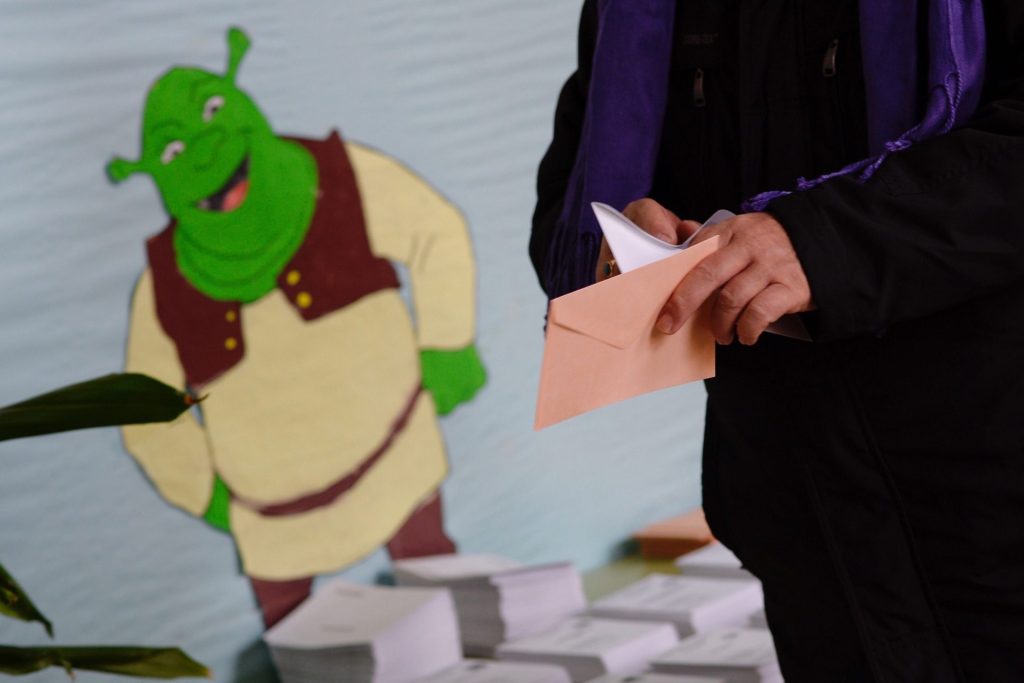Valladolid May (EFE) pass without incident.
To this end, the General State Administration has arranged a total of 4,683 polling stations, distributed in more than 3,000 locations, to serve the 1,932,907 voters called for these municipal elections in Castilla y León.
These are some of the main data of the device deployed in this Community:
electors
There are 1,932,907, of which 1,921,476 are Spaniards residing in Spain, another 10,833 residents of the European Union registered in municipalities of Castilla y León and another 598 foreign residents from countries that have a reciprocity agreement (Spaniards can vote in their municipal elections).
The municipal register of reference for these elections – the one that determines the number of councilors that are elected – has registered a decrease of 35,409 people.

A voter proceeds to vote in an Election. EFE/Nacho Gallego
There are 77,387 new voters compared to the 2019 municipal elections. Where the number increases the most is in the provinces of Valladolid (18,104), León (13,681), Burgos (11,639) and Salamanca (11,011), while the number increases the least It is in Soria (2,870), with the rest in a medium area: Ávila (5,163)
councilors
The number of councilors that will be elected in these elections is 12,521, one hundred fewer than those elected in the 2019 elections, when there were 12,621.
By provinces, where the most councilors are elected is in Salamanca (2,036), followed by Burgos (1,843), León (1,631), Zamora (1,480), Valladolid (1,362), Ávila (1,272), Segovia (1,115), Palencia (999 ) and Soria (783).
It is the distribution by party of these councilors that later determines the election of the provincial deputies that make up the Provincial Councils, with 25 representatives in eight of the nine provincial institutions of the Community, while in Valladolid there are 27.
Councilors are not elected in fifteen municipalities of Castilla y León (6 in Segovia, 5 in Soria, 3 in Valladolid and 1 in Salamanca), by applying the open council system, where residents deliberate and decide as in a plenary session of a town hall on decisions that affect the municipality.
Colleges
Tomorrow’s municipal elections involve the deployment of 4,683 polling stations in 3,047 polling stations, some of them with several rooms distributed by last name.
19,425 people will participate in these venues. Of these, 14,049 will be members of the table, another 4,683 representatives of the administration, 420 staff of the Government sub-delegations and 274 members of the electoral Boards.
By provinces, where there will be more polling stations will be in Burgos (795), León (773), Valladolid (766) and Salamanca (649), while where there will be fewer will be in Soria (258).
From these schools, the members of the months will have up to 1,272 mobile devices for the transmission of data and results, which will expedite their communication.
With the data available as of May 19, Correos has notified that 76,591 applications for voting by mail have been registered, of which 62,849 have been processed in person and 13,742 electronically.
By provinces, the vote by mail will be more abundant in León (14,405), Valladolid (13,789), Burgos (11,978) and Salamanca (9,959), while again Soria is the one with the lowest number (3,296). EFE








